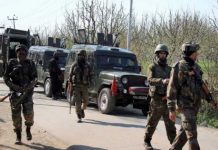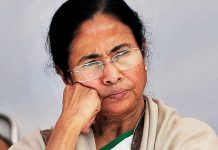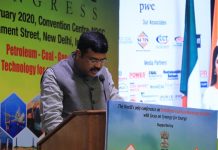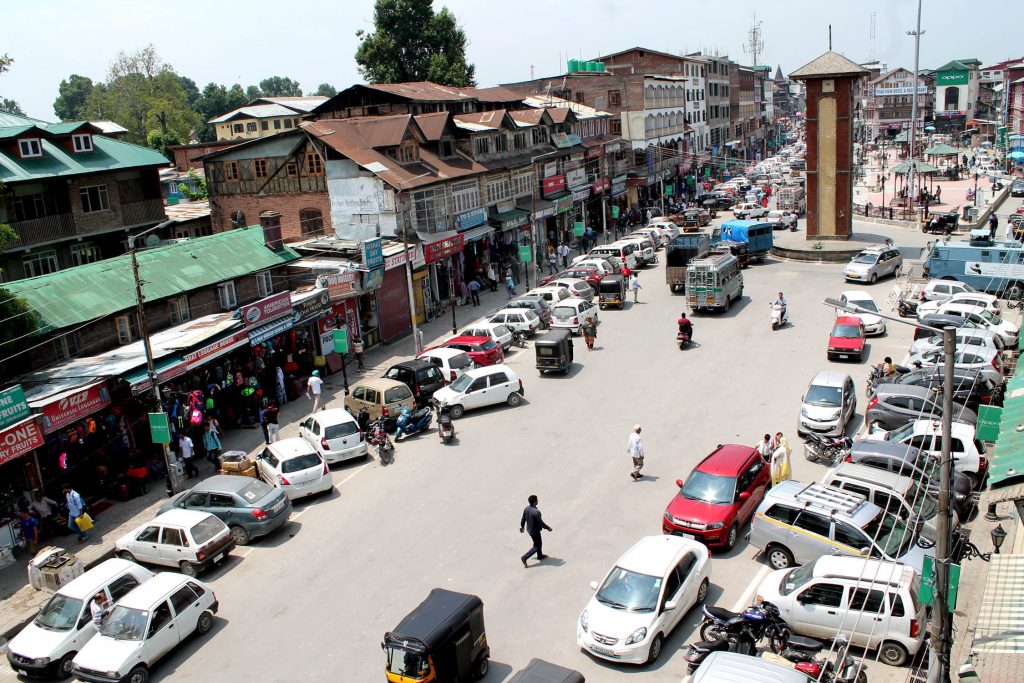
The uncertainty surrounding the legality of the Modi government’s contentious decision to abrogate J-K’s special status will finally be addressed with the Supreme Court expected to start hearing in August a series of pleas challenging the scrapping of Article 370, writes Riyaz Wani
The Supreme Court is expected to commence the hearing of a series of pleas challenging the abrogation of Article 370 in August, although the cases were listed for July 11 for procedural directions.
Justice BR Gavai revealed this information while hearing the bail plea of activist Teesta Setalvad. According to reports, when senior advocate Kapil Sibal, representing Setalvad, suggested that the hearing in her petition may be scheduled in August, Justice Gavai responded that the challenge against Article 370 would be starting around that time.
A 5-judge constitution bench, headed by Chief Justice of India Dhananjaya Y Chandrachud and comprising justices Sanjay Kishan Kaul, Sanjiv Khanna, B R Gavai, and Surya Kant, has been constituted for this purpose.
Currently, there are 23 petitions pending before the Supreme Court that challenge the constitutional validity of the government’s decision to abrogate Article 370. These petitions challenge the presidential orders of August 5 and 6, 2019, as well as the Jammu and Kashmir Reorganisation Act, 2019.
The August 5 order revoked the special status granted to Jammu and Kashmir under Article 370, while the August 6 order reorganized the state into two separate union territories. Article 35A, which empowered the state of Jammu and Kashmir to define its permanent residents and make special laws for them, was also a subject of challenge. The pleas argue against the legality of these orders and the Reorganization Act.
Deeply contentious issue
The decision to scrap Article 370, which granted special rights and privileges to the people of Jammu and Kashmir since 1954, has been a contentious issue since its implementation in August 2019. The matter was last heard in March 2020 and subsequently put on hold.
Former Chief Justice N V Ramana agreed to list the matter for an “early” hearing but failed to follow through. However, the Supreme Court’s recent decision to prioritize the case and finally schedule hearings has been welcomed by political parties, including the Peoples Democratic Party and the National Conference.
People’s Democratic Party chief Mehbooba said in a tweet, “Welcome Hon’ble SC’s decision to finally hear petitions pending since 2019 challenging the illegal abrogation of Article 370. I hope justice is upheld and delivered for the people of Jammu and Kashmir.”
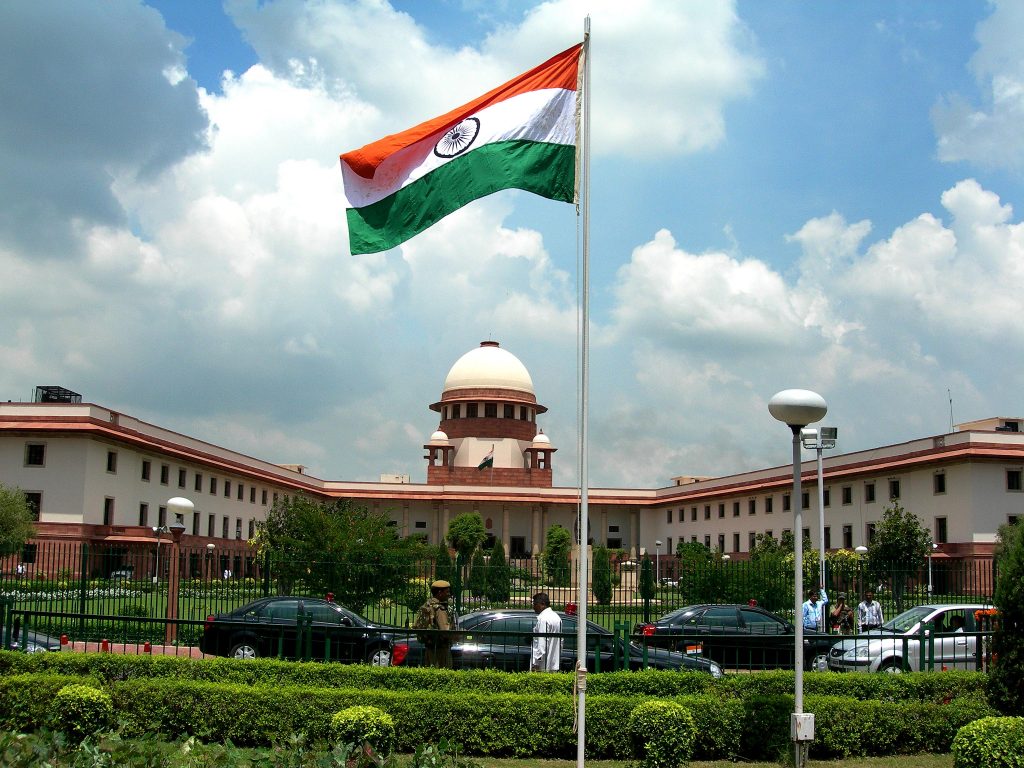
Mehbooba added, “The SC ruling on Article 370 maintained that the provision can be abrogated only on the recommendation of the Jammu and Kashmir Constituent Assembly.”
National Conference leader Omar Abdullah said he is looking forward to the Supreme Court hearing petitions challenging the abrogation.
“Finally the bench is constituted. I look forward to the hearings beginning in right earnest now,” he said in a tweet.
Four-year long wait
It has been close to four years since Article 370 was withdrawn and the apex court’s delay in hearing the case has been a source of great unease among opposition political parties and a large section of people in Jammu and Kashmir. At the time that J&K’s special status was repealed, the then state had no legally constituted Assembly. The experts have alleged that a temporary administrative situation, established by the central government, was used to bring about a significant and enduring change in the status of the state.
This imparts the case about Article 370 a profound constitutional significance: A broad section of intelligentsia in the country has contended that the revocation of the constitutional provision raises concerns regarding federalism, as it marks the first instance in the country where a state has been transformed into two Union Territories.
Moreover, the absence of a representative government and elected Assembly in the past five years has intensified the gravity of the situation.
The critics of the withdrawal of Article 370 have alleged that the decision to do away with law was inherently political, lending it an immensely contentious dimension. While these issues hold great importance for J&K, their repercussions extend to other states as well. Since August 2019, a chorus has built around the demand that given the circumstances, it is crucial for the courts to promptly address such matters and provide decisive rulings.
Irreversible changes in ground situation
Over the past four years, irreversible changes have taken place on the ground in Kashmir. The region has changed beyond recognition. Once a vaunted separatist conglomerate, Hurriyat Conference has become extinct. Many of the grouping’s top leaders continue to be in jail or are under house arrest. This has hobbled its capacity to organize any political activity.
But even if the separatist leaders were free – and some of them are free – the situation would hardly be different. The government has outlawed any sign of separatist activity in whatever form and disproportionately raised the costs for any leader or an activist to go out and champion the cause.
There have also been far-reaching administrative and legal changes, right from the domicile laws to new land laws. As a result, J&K citizenship and the buying of land have been thrown open to outsiders. The government has also overturned the Roshni Act whereby occupants of state land were allowed to own it against payment determined by the government. Scores of other laws have been extended to the former state that is aiding the process of fundamentally altering the facts on the ground.
At the same time, the government has changed the electoral map of J&K by creating District Development Councils, a third tier of the grassroots democracy, whose members unlike in any other state in India are being directly elected.
Ball in Supreme Court
What happens in the Supreme Court will not only be watched keenly in India and regionally but also globally. Soon after the revocation of Article 370, the apex court explained its delay in hearing the case by assuring people that it “can always turn the clock back.” But the union government’s senior functionaries have time and again issued statements to the effect that “no power in the world can restore Article 370.”
In December last year, J&K, Lieutenant Governor Manoj Sinha continued with his line about Article 370 saying it “was the root cause of secessionism, terrorism, nepotism, discrimination & corruption and kept J&K underdeveloped.” Such statements emanating from the top political and administrative functionaries in the central and the UT governments have turned Article 370 into a security debate rather than a legal issue.
Article 370 and J-K polls
Recently, the Supreme Court deferred hearing on a plea seeking early assembly polls in Jammu and Kashmir. The bench comprising Chief Justice D Y Chandrachud and Justices P S Narasimha and Manoj Misra chose to adjourn the matter, citing the upcoming hearing on petitions challenging the abrogation of Article 370 on July 11. The petition filed by National Panthers Party leaders, Manju Singh and Harsh Dev Singh, highlights the critical issue of “disenfranchisement” faced by the people of Jammu and Kashmir.
This has, in a sense, linked the question of holding of Assembly elections with the long-pending hearings on Article 370. As a result, J&K may have to wait for some more time before it can go to the polls. And this may not be good news for people of the union territory.
Will elections be held in J&K until after the decision on the legality of the revocation of Article 370 is decided by the apex court? For now, things are not clear on this score. But if we go by the public opinion in Jammu and Kashmir, holding of Assembly elections in the UT has widespread support.








